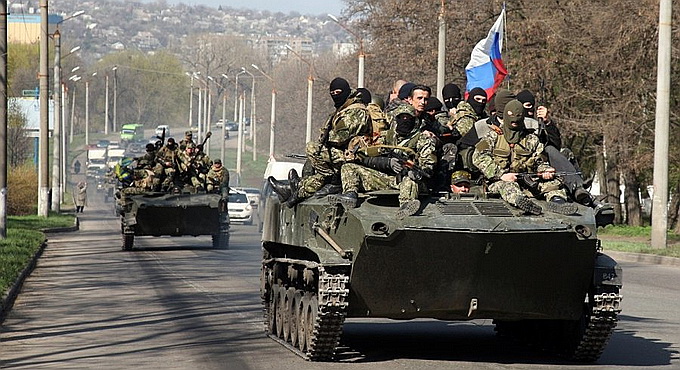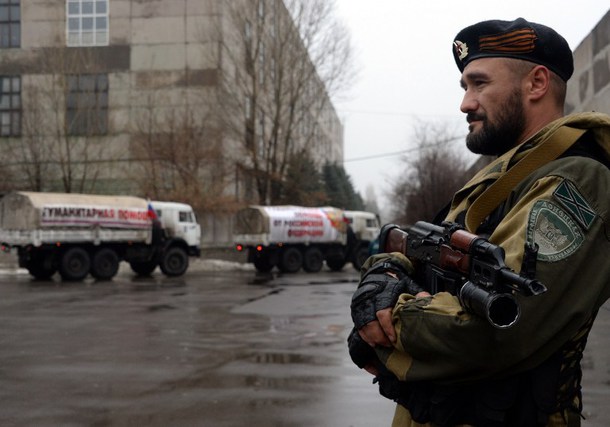Russian mercenaries who fought in the Donbas "militias" are returning home not only with their weapons but with increasingly violent dispositions, and according to three experts, they now represent a threat not only to public order but also to political stability.
Valery Borshchev, a former Duma deputy, tells Russian newspaper “Novyye izvestiya” that many of the returnees have “damaged psyches” and that as a result and in a way recalling those who returned from the Afghanistan and Chechnya wars, Russia now faces “a ‘Donbas’ syndrome” that it must somehow deal with.
But he suggests that the Donbas returnees will find it “significantly more difficult to adapt to peaceful life.” That is because “after ‘the Chechen campaign,’ rehabilitation centers were established; and these helped many recover. But those centers, Borshchev says, were set up not by the government but by social organizations.
Now, he says, it appears unlikely that any such centers will be set up. The government doesn’t want to recognize the problem or spend the money, and the NGOs who helped in the past find themselves today in a significantly more difficult situation. Consequently, more guns are coming in, and more of them will be used.
Returning Donbas "volunteers," Borshchev says, have gotten used to death and “don’t fear anything. Thus, to stop them [from committing crimes] will be much more difficult than it was to mobilize them in the first place.” And their willingness to use violence will change the face of business conflicts and other disputes.
“I am not demonizing those who have returned from the Donbas,” he says. “But these are the realities,” and those coming back need “immediate psychological help” or the situation will deteriorate.
Valentina Melnikova of the Union of Committees of Soldiers Mothers of Russia agrees, arguing that the Russian authorities having sent these men into battle has now largely washed its hands of them, and as a result, there is increasing violence in their homes and on the streets of Russian cities and villages
.
And she adds, “it isn’t important who will create this … it is important to set up [centers of psychological help and even whole services] precisely now.”
And Vladimir Zherebenkov, a former investigator at the interior ministry, “confirms the seriousness of the situation,” “Novyye izvestiya” says.
All of those threats must be addressed because as one can already see in Rostov oblast, the returning Donbas veterans with their weapons and attitudes are a big problem.
More police are needed alongside psychological assistance programs, but “the situation [in Rostov] will stabilize it would appear only after the end of military operations. Even after that, however, one must not forget about the returning” militiamen. Otherwise, “the ‘Donbas syndrome’ may become a drawn out illness with a tragic outcome for many.”





